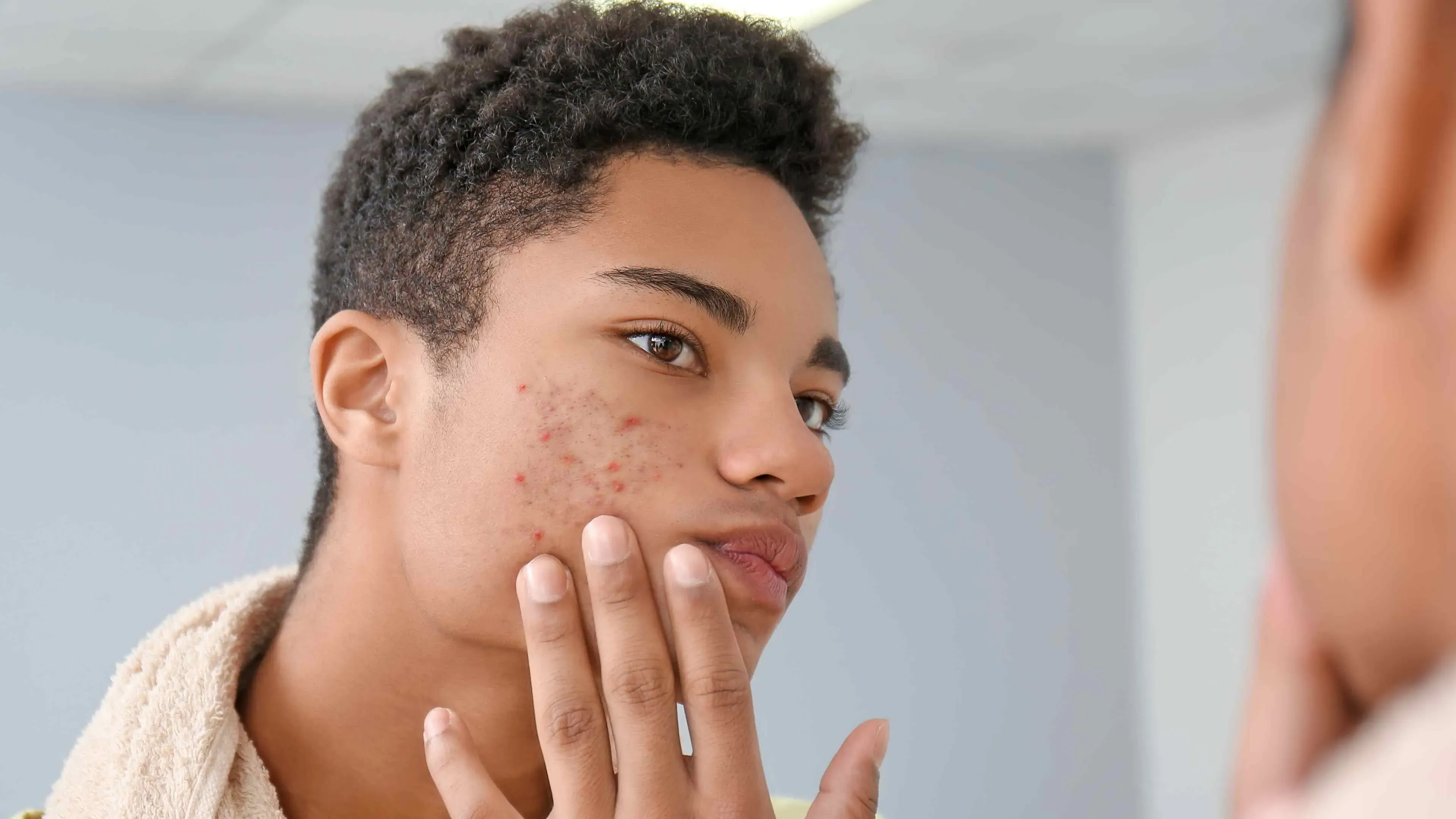Understanding Acne Scars and Hyperpigmentation

EXTRA 5% OFF ON PREPAID

Acne scars and hyperpigmentation are skin issues that many people deal with, and they can pop up at any age. These pesky conditions usually show up after acne spots heal, leaving behind those annoying dark marks or uneven skin tones that can really take a toll on your self-esteem. In this friendly guide, we’ll dive into what causes these skin concerns, how they differ, and the various treatment options available.
Acne scars are the result of inflammation caused by acne lesions. When the skin heals, it can leave behind marks that vary in appearance. There are two main types of acne scars:
Understanding the type of scar you have is crucial for determining the appropriate treatment.
Hyperpigmentation occurs when certain areas of the skin become darker than the surrounding skin. This is often due to an overproduction of melanin, the pigment responsible for skin color. Post-inflammatory hyperpigmentation (PIH) is a common type that occurs after acne lesions heal, leaving behind dark spots. Factors such as sun exposure, hormonal changes, and certain medications can also contribute to hyperpigmentation.
Several factors can lead to the development of acne scars and hyperpigmentation:
When it comes to treating acne scars, there are various options available that cater to the type and severity of the scars.
Topical Treatments: Creams and serums enriched with ingredients like retinoids, alpha hydroxy acids (AHAs), and beta hydroxy acids (BHAs) can significantly improve skin texture and diminish the appearance of scars.
Microneedling: This innovative procedure utilizes tiny needles to create micro-injuries in the skin, stimulating collagen production and enhancing the overall appearance of scars.
Chemical Peels: By applying chemical solutions to the skin, this method exfoliates and promotes new skin growth, effectively reducing the visibility of scars.
Laser Therapy: Laser treatments target specific layers of the skin to minimize scarring and improve skin texture.
If you have oily, acne-prone skin, you’ll love our Oil-Free Barrier + Crème! It’s specially crafted to help you tackle, treat, and prevent breakouts while keeping your skin hydrated without any greasy feel. The magic ingredient here is Dendriclear™, a game-changer that’s friendly to your skin’s microbiome. It goes right to work on acne-prone areas without any harsh effects. By helping to rebalance your skin’s microbiome, Dendriclear™ fights off those pesky acne-causing bacteria, calms inflammation, and keeps sebum production in check. Plus, it’s clinically shown to boost your skin’s health, making it easier to clear up blemishes and stop future breakouts. It’s a fresh, innovative way to care for your skin!
Managing hyperpigmentation involves a combination of preventive measures and treatment options:
Beyond topical treatments and medical procedures, embracing holistic wellness can significantly impact your skin health:
For those struggling with hyperpigmentation, consider incorporating advanced skincare solutions into your routine. MelaMe™ Complex is advanced skincare engineering from the house of Asaya. This melanin-first molecule has been designed to visibly treat discolouration and restore pigment balance in your skin within 2 weeks of regular use–tested and proven.
It works on existing dark spots by breaking excess melanin deposits down into re-absorbable amino acids. MelaMe™ further inhibits excess melanin production, thereby fading and preventing blemishes, and bringing even-toned, clarified skin. It restores skin more effectively, uniformly, and much faster than other ingredients used to treat hyperpigmentation.
Hyperpigmentation can take several weeks to months to fade, depending on the severity and treatment used. Consistent use of targeted treatments can help speed up the process.
Preventing acne scars involves avoiding picking at acne, using non-comedogenic skincare products, and treating acne promptly to minimize inflammation.
No, hyperpigmentation refers to dark spots left after acne heals, while acne scars are physical changes in the skin's texture caused by inflammation.
If you experience persistent acne, scarring, or hyperpigmentation that does not improve with over-the-counter treatments, it is advisable to consult a dermatologist for personalized advice and treatment options.
Embrace your skin journey with knowledge and self-care, and remember that achieving healthy skin is a holistic process that involves both external treatments and internal wellness.